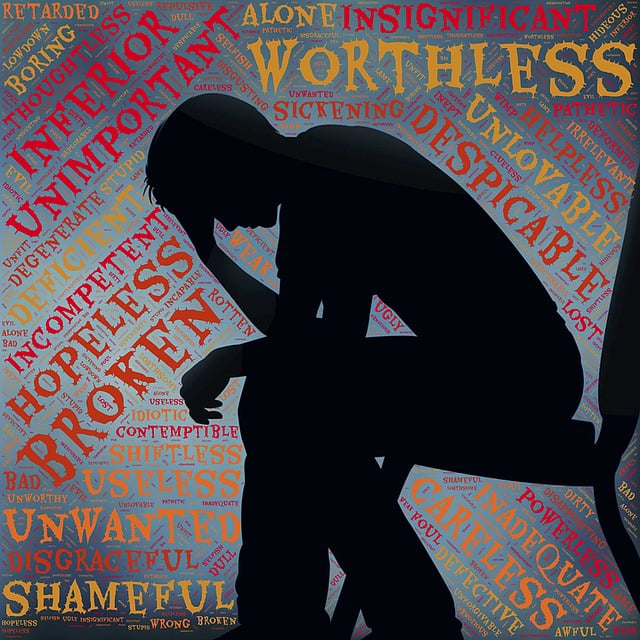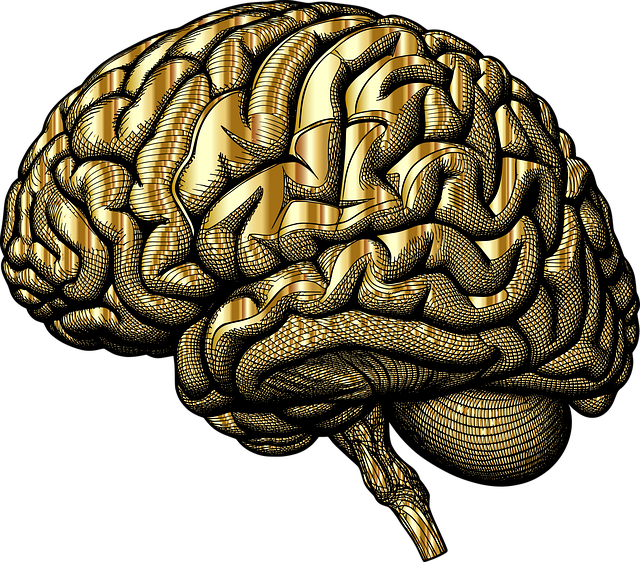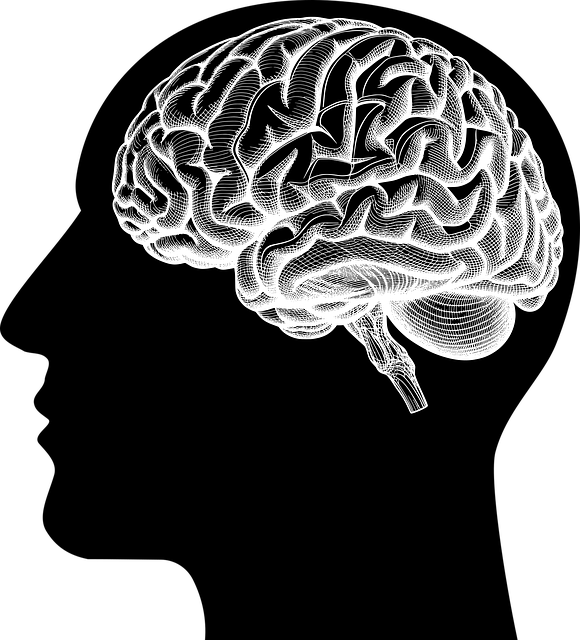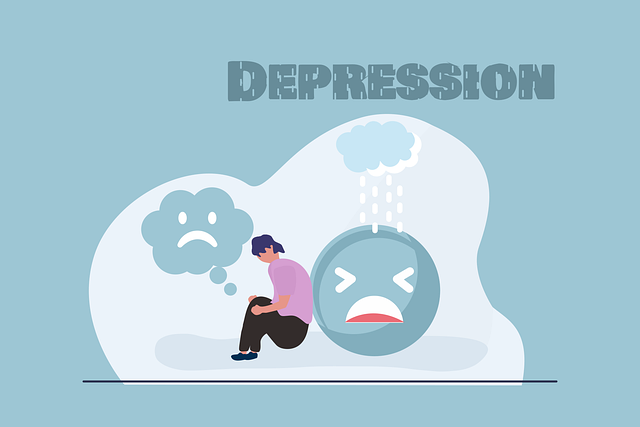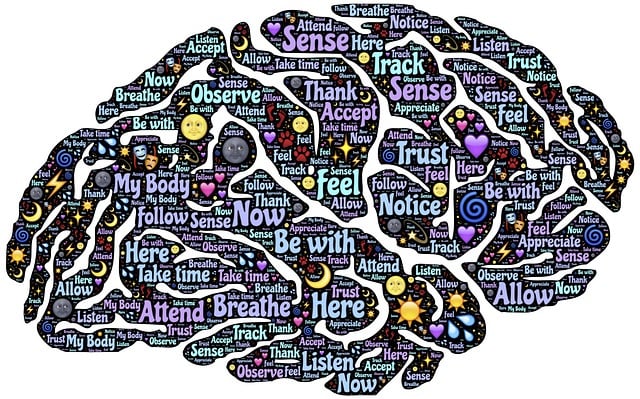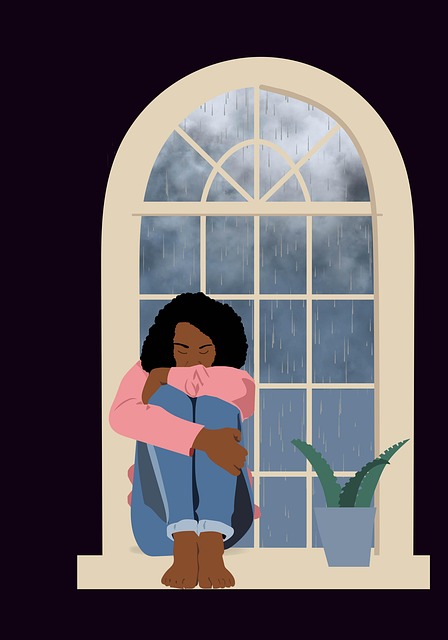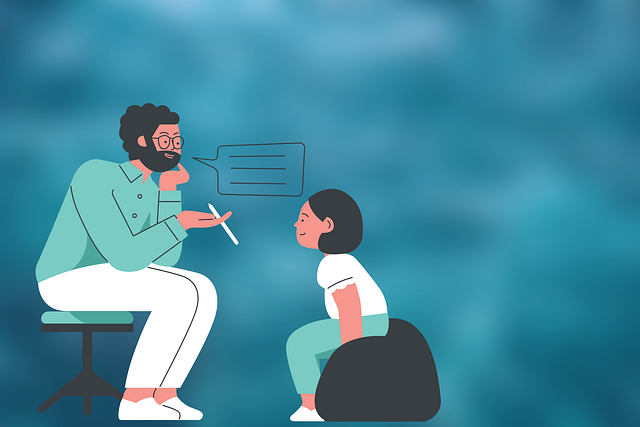Mental health crisis hotlines offer immediate support for children experiencing anxiety, depression, or pain, providing confidential counseling 24/7. These services reduce stigma, encourage early help-seeking, and utilize tailored strategies like CBT and mindfulness to manage pain and promote healthy development. Accessing hotline support is a crucial first step, leading to specialized therapy for long-term well-being and effective coping skills for navigating challenges.
Mental health crisis hotline support services play a vital role in providing immediate assistance to children in distress. This article explores critical aspects of these hotlines, offering insights into their operation and impact on young lives. We delve into the significance of understanding mental health crises and how therapy contributes to effective pain management for children. Additionally, we provide practical guidance for parents and caregivers on accessing hotline services and emphasize the importance of long-term support for continuous healing.
- Understanding Mental Health Crisis Hotlines: A Lifeline for Children in Distress
- The Role of Therapy in Children's Pain Management: An Overview
- Accessing and Utilizing Hotline Services: Practical Steps for Parents and Caregivers
- Beyond the Call: Long-term Support and Resources for Continuous Healing
Understanding Mental Health Crisis Hotlines: A Lifeline for Children in Distress

In times of distress, a mental health crisis hotline serves as a crucial lifeline for children struggling with their emotional well-being. These dedicated services provide immediate support and guidance to young individuals facing various challenges, from anxiety and depression to more severe mental illnesses. Understanding when and how to access these hotlines can be pivotal in ensuring timely therapy for children, which is essential for managing pain and fostering healthy development.
Many crisis hotline programs offer a safe space for children to express their feelings and concerns without judgment. Trained professionals and volunteers are equipped with strategies tailored for young minds, including social skills training and emotional intelligence-building exercises. Moreover, these hotlines play a significant role in mental illness stigma reduction efforts by normalizing conversations around mental health and encouraging children to seek help early on. This proactive approach not only alleviates immediate crisis situations but also contributes to long-term resilience and better coping mechanisms.
The Role of Therapy in Children's Pain Management: An Overview

Children’s pain management is a complex issue, and therapy plays a pivotal role in addressing it holistically. Through specialized therapeutic approaches, professionals can help young individuals develop coping strategies to manage chronic or acute pain, improving their overall well-being. One such method is cognitive behavioral therapy (CBT), which focuses on identifying and changing negative thought patterns that may contribute to pain perception. This therapy empowers children to understand their thoughts, emotions, and behaviors, fostering a sense of control over their pain experience.
Additionally, therapy facilitates the development of inner strength and resilience. Techniques such as mindfulness meditation and self-care routine establishment are valuable tools in this process. Mindfulness practices teach children to be present with their pain without judgment, while encouraging them to engage in self-care activities promotes a sense of calm and relaxation. These techniques contribute to better mental health, enabling children to navigate challenging situations and develop effective strategies for long-term pain management.
Accessing and Utilizing Hotline Services: Practical Steps for Parents and Caregivers

Accessing hotline support services is a vital step for parents and caregivers when facing mental health crises. The first practical step is to familiarize yourself with the available resources in your area. Many countries have dedicated crisis hotlines offering confidential and free counseling, often 24/7. These services are designed to provide immediate assistance and guidance during difficult times. Look for national or local organizations specializing in child and adolescent mental health, as they typically have hotline teams equipped to handle young people’s unique needs.
When reaching out, remain calm and concise, explaining the situation and any specific concerns, such as a child’s struggle with anxiety or pain management. The operator will assess the call and connect you to the most suitable professional, who can offer therapy for children or refer you to specialists in pain management. Remember, utilizing these services is a sign of strength, fostering inner strength development and coping skills that are essential for navigating challenging circumstances. This initial step can lead to effective strategies for anxiety relief and better mental well-being for both parents and their cared-for children.
Beyond the Call: Long-term Support and Resources for Continuous Healing

Beyond the initial call to a mental health crisis hotline, long-term support and resources are vital for continuous healing. Many services offer ongoing therapy for children, focusing on developing inner strength and conflict resolution techniques to manage pain effectively. This holistic approach acknowledges that mental health is deeply interconnected with overall well-being.
By fostering mental health awareness, these hotlines empower individuals with the tools needed to navigate challenges beyond acute crises. They provide guidance tailored to diverse needs, ensuring a more robust support system. Whether it’s connecting people with specialized therapists or offering resources for self-care practices, these services aim to promote resilience and lasting positive change.
Mental health crisis hotline support services play a pivotal role in providing immediate assistance and long-term resources for children experiencing distress. By combining accessible hotline services with effective therapy for children’s pain management, we can create a holistic approach to healing. Parents and caregivers have the power to navigate these services, ensuring their children receive the necessary support. Beyond the initial call, ongoing support and resources are vital for continuous healing and well-being.

